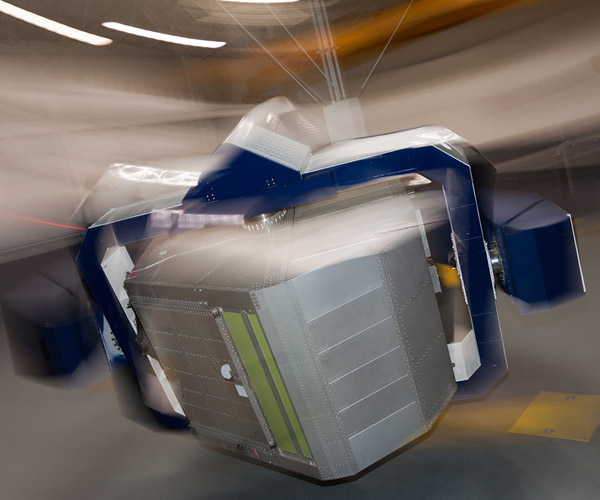Motion Sickness
Desensitization PROGRAMS
Motion sickness (includes; air sickness, sea sickness, car sickness, etc.) is a common problem for pilots, passengers and now suborbital spaceflight participants. Studies have shown the incidence of motion sickness in pilots and passengers to be fairly common, especially when maneuvering in low visibility conditions. If the episode is severe, it can disrupt the flight, the mission and endanger personnel. Many countries have established motion adaptation and rehabilitation programs for those Civil and Military pilots who suffer from motion sickness.
Motion Sickness
Desensitization PROGRAMS
Motion sickness (includes; air sickness, sea sickness, car sickness, etc.) is a common problem for pilots, passengers and now suborbital spaceflight participants. Studies have shown the incidence of motion sickness in pilots and passengers to be fairly common, especially when maneuvering in low visibility conditions. If the episode is severe, it can disrupt the flight, the mission and endanger personnel. Many countries have established motion adaptation and rehabilitation programs for those Civil and Military pilots who suffer from motion sickness.
Overcome motion sickness and return to normal flight duty
The effectiveness and success of motion sickness desensitization training programs are well documented. The NASTAR Center has designed a motion sickness desensitization training program to help anyone who is prone to motion sickness. Our program teaches arousal recognition, relaxation techniques, which is followed by desensitization profiles in our continuous YAW motion flight simulators. Our program helps to overcome motion sickness and return to normal activities, including flight duty. This program is adapted from highly successful USAF Airsickness Diagnostics and Prevention Training (ADAPT) program.

BOOK YOUR TRAINING
For more information or to schedule advanced pilot training at the NASTAR Center please call 215-355-9100, ext. 1287 or visit our contact page below.
Contact us